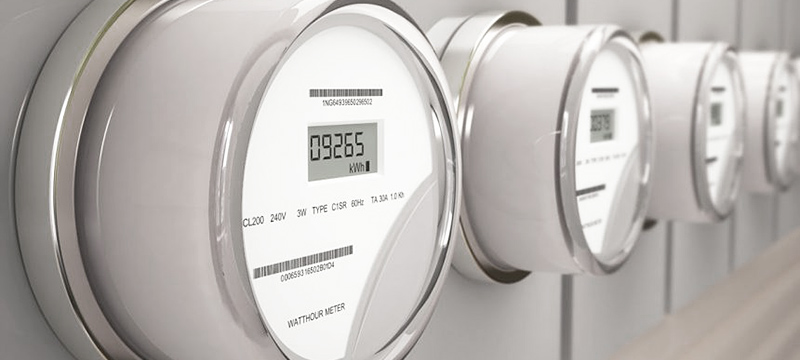
Smart Metering
- Uncategorised
-
Jun 09
- Share post

**Harnessing the Power of Smart Meter Technology in Utility Management in South Africa**
Smart meter technology represents a significant advancement in utility management, offering a range of benefits that extend to consumers, utility companies, and the environment. In South Africa, where energy management and water conservation are critical issues, the adoption of smart meters can lead to substantial improvements. These modern meters provide real-time data on energy, water, and gas usage, replacing the traditional analog meters that require manual readings. Here are some key benefits of smart meter technology from a South African perspective, supported by statistics and references:
### Enhanced Accuracy and Billing Transparency
Smart meters deliver precise, real-time data, significantly reducing the inaccuracies associated with manual meter readings. In South Africa, billing errors and estimated readings have been a source of frustration for many consumers. Smart meters can mitigate these issues by providing accurate consumption data. According to Eskom, the country’s primary electricity supplier, smart meters can reduce billing errors by up to 90% . Consumers can trust that their bills accurately reflect their actual usage, eliminating the need for estimated bills. This transparency helps build trust between consumers and utility providers and reduces disputes over billing discrepancies.
### Empowering Consumers with Real-Time Data
One of the most significant advantages of smart meters is their ability to provide consumers with detailed, real-time information about their utility consumption. In South Africa, where energy costs are high and load shedding is a common issue, this data empowers users to make informed decisions about their energy usage, identify patterns, and implement energy-saving measures. A report by the South African Department of Energy found that households with smart meters can reduce their energy consumption by an average of 10-20% . By understanding their consumption habits, consumers can take proactive steps to reduce waste, lower their utility bills, and contribute to environmental sustainability.
### Operational Efficiency for Utility Providers
Smart meters enhance the operational efficiency of utility companies by automating the data collection process. This automation reduces the need for manual meter readings, lowering labor costs and minimizing the risk of human error. According to a report by the National Energy Regulator of South Africa (NERSA), utility companies can save approximately R1.5 billion annually by using smart meters . Additionally, utility providers can quickly detect and respond to issues such as outages, leaks, or tampering, ensuring a more reliable service for customers.
### Facilitating Demand Response Programs
With smart meters, utility companies can implement demand response programs more effectively. These programs incentivize consumers to reduce their energy usage during peak demand periods, helping to balance the load on the grid and prevent blackouts. The Council for Scientific and Industrial Research (CSIR) reports that demand response programs can reduce peak electricity demand by up to 15% . By participating in demand response programs, consumers can benefit from lower energy rates while supporting the stability of the overall energy system.
### Environmental Benefits
Smart meter technology plays a crucial role in promoting environmental sustainability. By providing detailed usage data, these meters encourage consumers to adopt energy-efficient practices, reducing their carbon footprint. The South African Department of Environmental Affairs estimates that smart meters can reduce carbon emissions by up to 10% annually . Moreover, the ability to detect leaks and other inefficiencies in real time allows for quicker repairs, conserving valuable resources such as water and natural gas.
### Future-Proofing Utility Infrastructure
As South Africa moves towards smart cities and the Internet of Things (IoT), smart meters are a foundational component of modern utility infrastructure. They are compatible with other smart devices and systems, enabling seamless integration and future upgrades. This adaptability ensures that utility networks remain robust and capable of meeting evolving demands.
### Conclusion
Smart meter technology is revolutionizing utility management in South Africa by enhancing accuracy, transparency, and operational efficiency. It empowers consumers with real-time data, facilitates demand response programs, and promotes environmental sustainability. As utility providers continue to adopt and integrate smart meters, the benefits will extend beyond immediate cost savings to long-term gains for society and the planet. Embracing this technology is a crucial step towards a more efficient, reliable, and sustainable utility future in South Africa.
### References
1. Eskom. (2022). “Smart Metering Program.”
2. South African Department of Energy. (2021). “Energy Efficiency Report.”
3. National Energy Regulator of South Africa (NERSA). (2019). “Annual Report.”
4. Council for Scientific and Industrial Research (CSIR). (2020). “Demand Response Programs.”
5. South African Department of Environmental Affairs. (2018). “Smart Grid and Sustainability.”
